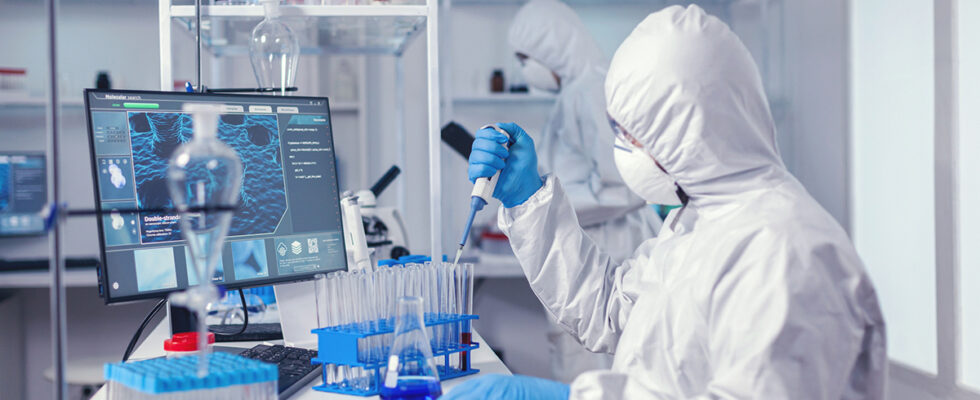A major security breach at Coronalab led to the exposure of more than 1.3 million patient records online. This breach, revealing sensitive information including COVID-19 test results and personal data, raises serious concerns about data security in the healthcare sector.

The digital age has brought its share of data security concerns. This is evidenced by the recent massive leak of personal data, considered the largest in history. This incident highlights the vulnerability of information systems and the ease with which personal data can be compromised. In a context where the privacy of millions of users is threatened by such leaks, the question of their security becomes more relevant than ever.
At the same time, ease of access to information has also led to an increase in the risk of hacking, as demonstrated by the leak of the personal data of half a million users. These events highlight the importance of checking the security of our own personal data, particularly our email addresses, to ensure that it has not been compromised. In this worrying context, the recent security breach at Coronalab, revealing sensitive health data, takes on an even more alarming dimension.


1.3 million patient records exposed from a database that was not password protected
The leak investigation, led by cybersecurity researcher Jeremiah Fowler, found that a database not password protected contained nearly 1.3 million records. This data included 118,441 certificates, 506,663 appointments, 660,173 test samples, and a limited number of internal application files.
The documents on display, all marked with the name and logo of Coronalab.euincluded:
- patient names
- dates of birth
- passport numbers
- test results
Coronalab is among the leading players in the Dutch market when it comes to the provision of commercial testing. This serious breach of data security poses an immediate risk ofcriminal exploitationnotably by targeted phishing campaigns or other forms of online fraud.
The implications of this leak are vast and potentially devastating. The information of COVID-19 test, combined with personal data, could compromise not only the privacy of individuals, but also their medical safety. Furthermore, the leaked passport numberst opens the way to criminal activities such as identity theft and fraud. This situation highlights the critical importance of data protection in healthcare, where confidentiality of patient information is not only a legal requirement but also a matter of public trust.
Source: VPNMentor
